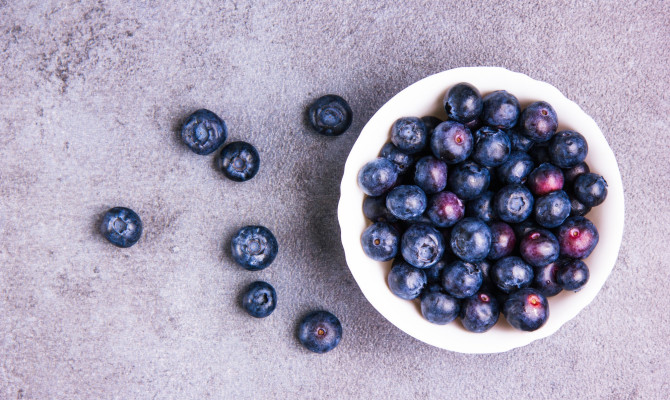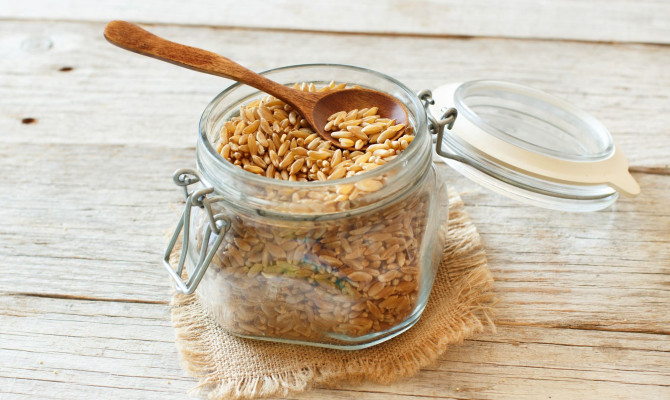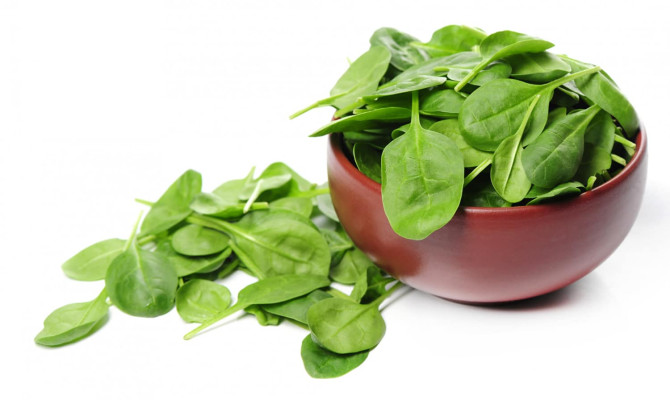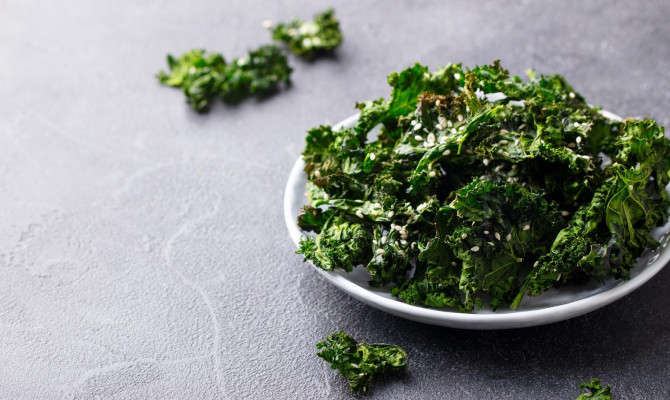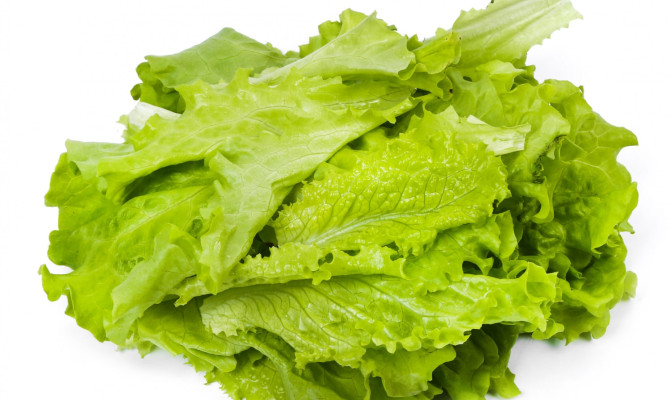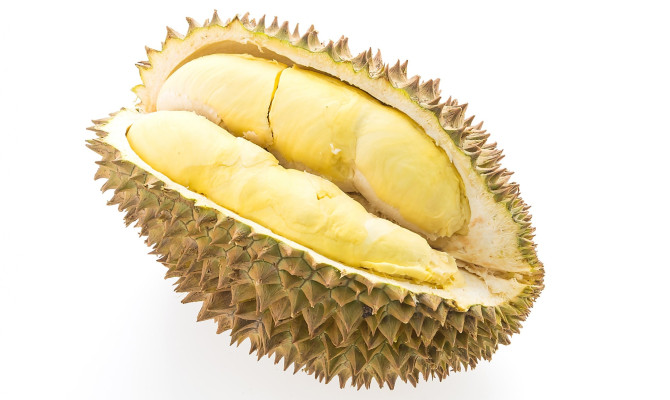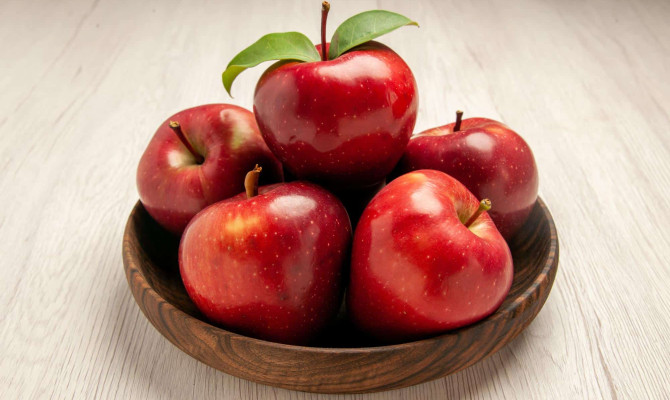Asparagus for Healthy Living

- Asparagus
- 17 Aug 2023
Overview
About Asparagus
Since ancient times, the vivid and slender green vegetable known asparagus has fascinated foodies and health-conscious individuals. It has established itself as a valued ingredient in kitchens worldwide due to its distinctive flavor, attractive look, and wealth of nutritional advantages.1Overview| Researched based study from Nlm.nih.gov
In this article we explore the fantastic world of asparagus, learning about its remarkable traits, history, and why it continues to reign as one of nature’s most cherished foods.

Key Facts
- Due to its alleged aphrodisiac qualities, asparagus was highly regarded in ancient Egypt.
- It is one of the few vegetables that may be harvested daily during its optimum season, usually lasting six to eight weeks.
- The tallest asparagus plant, measured at a remarkable 3.4 meters tall, holds the Guinness World Record.
- Due to its relatively short growing season and labor-intensive hand harvesting of each spear, it is frequently regarded as a luxury food.
Nutrition
Nutritional values of Asparagus
The nutritional profile per 100 grams of cooked asparagus is shown in the table below.
- Calories: 20
- Protein: 2.2 grams
- Fat: 0.2 grams
- Carbohydrates: 3.7 grams
- Fiber: 2.0 grams
- Sugar: 1.9 grams.2Nutrition| Researched based study from Usda.gov
Vitamins
- Vitamin A, vitamin C, vitamin E, and Vitamin K.
Minerals
- Folate, potassium, iron, calcium.
Antioxidants
- Glutathione.2Nutrition| Researched based study from Usda.gov
Health Benefits
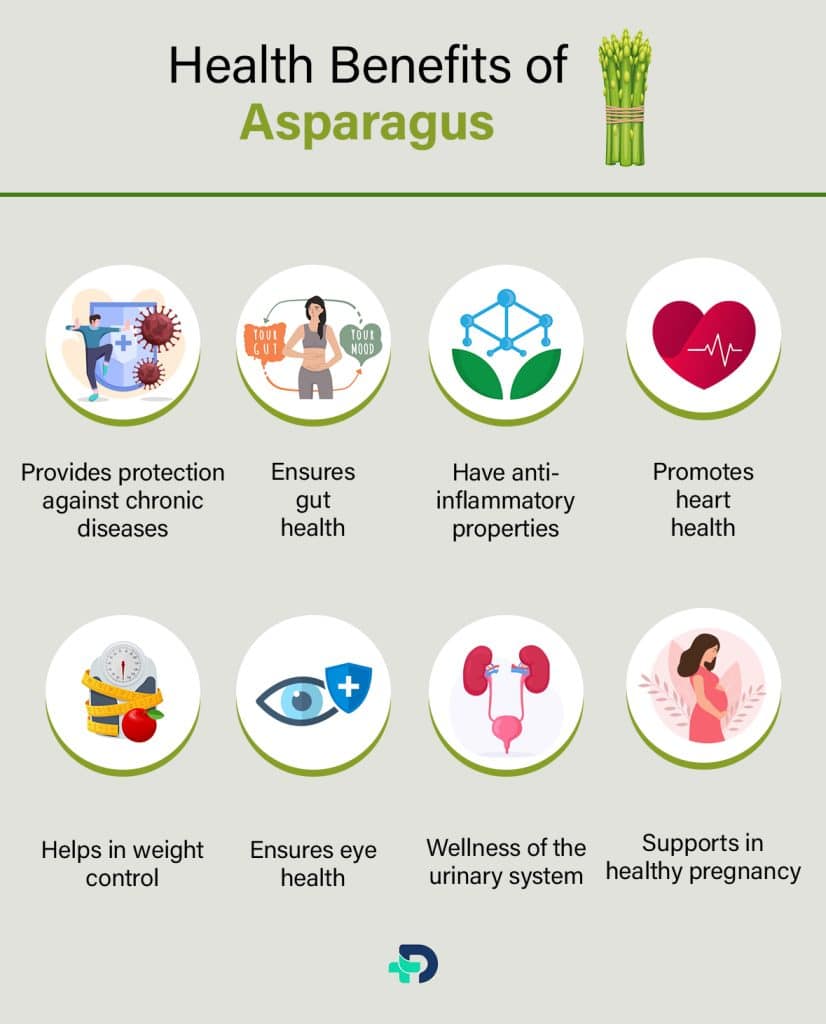
Health Benefits of Asparagus
- Reduces the risk of chronic diseases
- Good for digestion
- Supports heart health
- Helps in weight management
- Good for eye vision.
- It has a diuretic effect naturally.
- Helps the unborn child grow healthy while the mother is pregnant.
Because of its distinctive bioactive components and high nutritional composition, it provides a variety of health benefits. Some of them related to consumption are listed below:
Provides protection against chronic diseases
- Numerous antioxidants are present in it, including glutathione and vitamins A, C, and E.
- These lower the chance of chronic illnesses like cancer, heart disease, and neurological disorders by protecting cells against damage carried on by dangerous free radicals.
Ensures gut health
- It is a great source of dietary fiber, which promotes regular bowel movements while helping in maintaining a healthy digestive system.
- A lower incidence of digestive disorders including diverticulosis and colon cancer has been linked with adequate fiber intake.1Health benefits| Researched based study from Nlm.nih.gov
Have anti-inflammatory properties
- It has saponin and flavonoids, two anti-inflammatory substances.1Health benefits| Researched based study from Nlm.nih.gov
- These have been shown to possess anti-inflammatory properties, potentially lowering the risk of illnesses linked to chronic inflammation.
Promotes heart health
- It has a low calorie and cholesterol content while being high in potassium and folate.
- Folate supports cardiovascular health by lowering homocysteine levels, a sign linked to an increased risk of heart disease, while it aids in blood pressure regulation.1Health benefits| Researched based study from Nlm.nih.gov
- The fiber content may help keep cholesterol levels stable.
Helps in weight control
- Due to its low calorie and fiber content, it is a great fit for a weight loss routine.
- The fiber content helps in weight management by promoting feelings of satiety and fullness.1Health benefits| Researched based study from Nlm.nih.gov
Ensures eye health
- It contains vitamin A, which is vital for maintaining good eyesight.
- It helps in preventing age-related macular degeneration and cataracts, two common conditions that can impair vision.
Wellness of the urinary system
- It can stimulate urine production and aid in removing toxins and extra fluids from the body because it has natural diuretic effects.
- This might help maintain a healthy urinary system and lower the chance of urinary tract infection.1Health benefits| Researched based study from Nlm.nih.gov
Supports in healthy pregnancy
- It contains a lot of folate, a B vitamin necessary for a healthy fetus’ growth.
- A sufficient intake of folate before and during pregnancy lowers the incidence of neural tube abnormalities and promotes the baby’s healthy growth and development.1Health benefits| Researched based study from Nlm.nih.gov
Side effects
Side effects of Asparagus
Although most find it safe and well-tolerated, some people can experience some adverse effects. A few to be aware of are as follows:
Urine odor
- Some people who eat asparagus may notice an odd smell in their urine.
- This effect is harmless and is brought on by substances like asparagusic acid, which, when metabolized, can emit a sulfur-like odor. However, due to genetic differences, not everyone can detect this odor.3Side effects| Researched based study from Nlm.nih.gov
Intestinal problems
- It has a lot of dietary fiber, which is suitable for most individuals. However, consuming more fiber may cause bloating, gas, or changes in bowel habits in certain people with sensitive digestive systems.4Side effects| Researched based study from Nlm.nih.gov
- By gradually increasing fiber consumption and drinking enough water, the effects can be minimized.
Allergic reactions
- Although uncommon, some people may have an allergy to asparagus.
- Itching, hives, swelling, difficulty breathing, and anaphylaxis are just a few symptoms that can appear during an allergic reaction, depending on its severity.5Side effects| Researched based study from Nlm.nih.gov
- Please seek emergency medical treatment if you come across any of these.
Kidney stones
- It includes oxalate substances that, in those who are vulnerable, may help develop kidney stones.
- It may be wise to restrict your intake of asparagus if you have a history of kidney stones or are susceptible to oxalate-related problems, or you can get personalized advice from a doctor or trained dietitian.4Side effects| Researched based study from Nlm.nih.gov
Usage
Usage of Asparagus
- It has a variety of uses in the culinary world. Here are a few typical methods:
- Roasted asparagus is versatile as an easy side dish or ingredient in pasta, salads, or grain bowls.
- Salads or steamed vegetables can be consumed on their own.
- The spears may acquire a faint char and a smoky flavor when grilled.
- Combining stir-frying with other vegetables to produce a tasty and wholesome dinner.
- It can be shaved or thinly sliced and added raw to salads for a crisp, refreshing crunch.
- As a snack, pickled asparagus is a tart and tasty alternative.
- Before preparing or eating asparagus, remember to clip the rough ends. To cut them to the required length, snap off the ends or use a knife.
Interactions
Interactions with medicine
Diuretics
- It can enhance urine production because it has natural diuretic effects.
- Consuming asparagus may increase the impact of any diuretics you take, including thiazide diuretics, loop diuretics, and potassium-sparing diuretics.
- This could result in more frequent urination and electrolyte abnormalities. If you regularly consume it, you must speak with your doctor to monitor your dosage and ensure you’re well hydrated.6Interactions| Researched based study from Nlm.nih.gov
Blood-thinning medications
- Vitamin K, which helps in blood clotting, is present in it. Maintaining a regular dose of vitamin K is crucial if you take blood thinners like warfarin to ensure that your medication works as intended.
- Although it contains a lot of vitamin K, it is still advised to eat vitamin K-rich foods regularly and to let your doctor know about your eating habits to maintain proper medication management.8Interactions| Researched based study from Nlm.nih.gov
Lithium
- Purine, a class of natural chemicals, is present in modest levels. Purines can metabolize and eliminate lithium, a drug often used to treat bipolar disorder, in various ways.
- While taking lithium, eating a lot of purine-rich foods, such as asparagus, may cause the body’s lithium levels to rise.7Interactions| Researched based study from Stuartxchange.org
Takeaway
Takeaway tips
- In addition to being a tasty and adaptable vegetable, asparagus may also have several health advantages.
- Despite the fact that it is usually safe and well accepted, it is important to be aware of possible interactions and individual sensitivities.
- It is an adaptable and wholesome vegetable that can improve the complexity and flavor of your meals. So the next time you’re at the grocery store, consider adding it to your list and enjoy this colorful vegetable’s advantages.
Any feedback on this article?
 This Articles content was accurate
This Articles content was accurate Very Informative Article
Very Informative Article I have a question or a comment
I have a question or a comment
 This article contains inaccurate content
This article contains inaccurate content This article was not helpful
This article was not helpful I have a question or a comment
I have a question or a comment
We appreciate your helpful feedback!
Checkout our social pages
References
-
National Library of Medicine
Green and White Asparagus (Asparagus officinalis): A Source of Developmental, Chemical and Urinary Intrigue | Benefits
-
U.S. DEPARTMENT OF AGRICULTURE
Asparagus, fresh, cooked, no added fat | Nutrition
-
National Library of Medicine
Crowdsourced Asparagus Urinary Odor Population Kinetics | Side effects
-
National Library of Medicine
Plant profile, phytochemistry and pharmacology of Asparagus racemosus (Shatavari): A review | Side effects
-
National Library of Medicine
Allergy to asparagus | Side effects
-
National Library of Medicine
Interactions between Food and Drugs, and Nutritional Status in Renal Patients: A Narrative Review | Interactions
-
Stuart Xchange
Herb-Drug Interactions | Interactions
-
National Library of Medicine
Updates on the Clinical Evidenced Herb-Warfarin Interactions | Interactions













